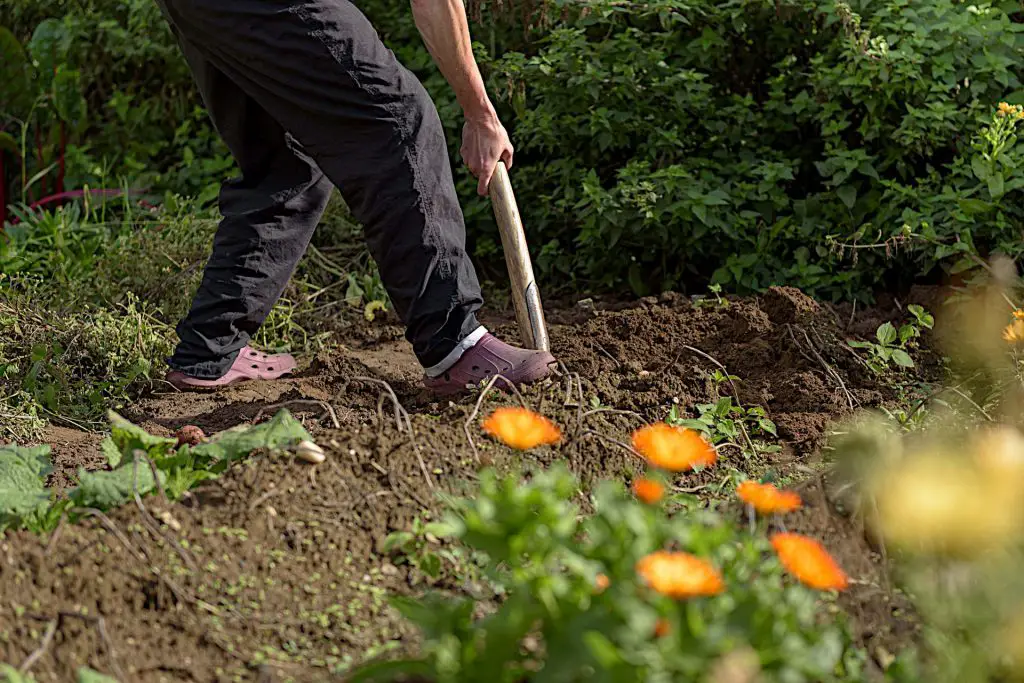Gardening Therapy Restarted by Mental Health Charity
Research as shown that gardening regularly can significantly improve our mental health. In an aid to help people The Scottish Association of Mental Health has decided to re-start its therapeutic gardening services in order that people can begin to reconnect with nature.

The study of more than 6,000 UK residents found that people who garden frequently (at least two or three times a week) felt less stress and an increased sense of wellbeing. People who garden every day had wellbeing scores 6.6% higher and stress levels 4.2% lower than those who do not garden at all.
It is not just in Scotland that gardening therapies are opening back up. The St Mungo’s charity which is based in London and Bristol is also resurrecting its gardening therapy project that helps homeless people after Covid had shut the service down. The initial lockdown in March 2020 meant that the programme could not run and the gardens quickly became out of control.
This new research, conducted by the Royal Horticultural Society (RHS) in collaboration with the University of Sheffield and the University of Virginia, has been released during National Gardening Week to encourage the nation to get their daily dose of ‘Vitamin G’.
The therapies combine therapeutic horticulture and practical skills in gardening to aid clients in their recovery from mental health issues.
David Ross who heads up one of the SAMH centres commented “When people come to our services they’re out in a garden, they’re out in an open space, you can see plants growing and that gives people hope.”
There have been several studies[1,2] have shown also found that gardening was linked with greater physical activity. The results were comparable to those that did daily exercise, supporting the thesis that gardening is not only good for the environment but also good for both body and mind.
Notes:
[1] Ulrich Schmutz, Coventry University, Garden Organic and Sustain: The benefits of gardening and food growing for health and wellbeing
[2] Nakamura R. Fujii E., Techn Bull Fac Hort Chiba University: Studies of the characteristics of the electroencephalogram when observing potted plants.
